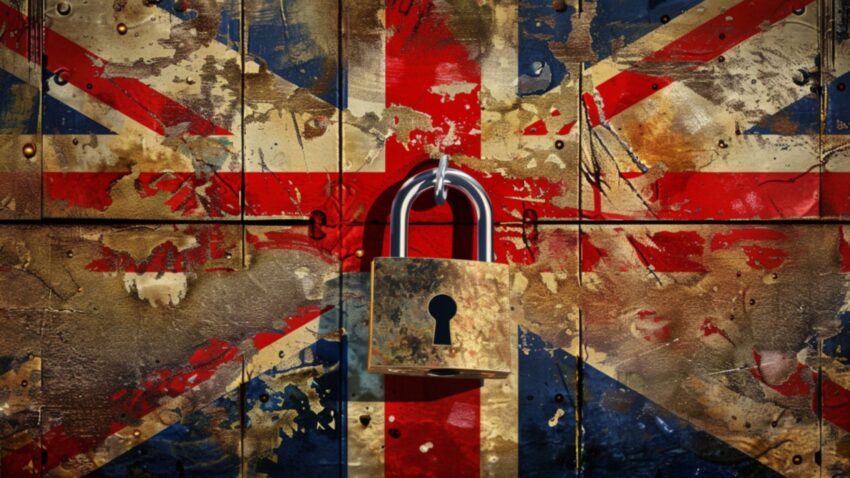If you’re tired of censorship and dystopian threats against civil liberties, subscribe to Reclaim The Net.
Efforts by the UK government to quietly erode digital privacy have sparked international concern and galvanized support for Apple, which is now facing off against British authorities over an order demanding access to encrypted data.
WhatsApp has stepped forward in Apple’s defense, pledging to aid the company’s legal fight and warning that the UK’s position could have global repercussions.
Central to the dispute is a secretive instrument known as a Technical Capability Notice (TCN), quietly issued in February.
While officially unacknowledged, the order is believed to require Apple to dismantle key parts of its encryption framework by building covert access into its Advanced Data Protection system.
This move would not only compromise the security of users in the UK but would expose private information belonging to anyone using iCloud, regardless of location.
Apple chose not to comply. Instead, the company disabled the encryption feature for users in the UK and sought to block the directive from taking effect through the courts.
WhatsApp, which is owned by Meta, has now thrown its weight behind Apple’s resistance. The messaging platform’s leader, Will Cathcart, told the BBC the legal battle could have far-reaching implications, warning that the UK’s move “could set a dangerous precedent” and might encourage other governments to demand similar access.
Cathcart reaffirmed WhatsApp’s long-standing stance, stating, “WhatsApp would challenge any law or government request that seeks to weaken the encryption of our services and will continue to stand up for people’s right to a private conversation online.”
Digital rights groups, including the Open Rights Group, have echoed those concerns. They caution that undermining encryption could put millions of people at risk, well beyond the UK’s borders.
British officials maintain that the power to issue TCNs is essential in fighting serious crimes, such as terrorism and child exploitation. They insist privacy intrusions would only occur when strictly necessary.
However, due to the classified nature of these notices, neither Apple nor the government has formally confirmed the order’s existence, and the associated legal proceedings have taken place almost entirely out of public view.
Across the United States, lawmakers from both parties have raised alarms. During a June 5 congressional hearing on the CLOUD Act, an international agreement that allows the UK to request data from US technology companies, members of the House subcommittee expressed unease with the British request, according to the International Association of Privacy Professionals.
Republican Congressman Andy Biggs, who chairs the subcommittee, accused the UK of misusing the framework.
He argued the demand violates the trust upon which the agreement was built and suggested that if the UK continues on this path, the agreement itself should be reevaluated. He cautioned that acquiescing to such demands could prompt other governments to follow suit.
Democratic Representative Jamie Raskin also voiced concern. Backdoors, he warned, could lead to far more than surveillance, opening the door to hacking, unauthorized surveillance, and identity theft.
During the hearing, Raskin noted, “Some argue privacy is passe…Cookies monitor which sites we click on,” and highlighted how easily anonymized data is re-identified and sold. But he was firm in his rejection of that premise, stating, “Americans’ security from government intrusion has never been more urgent or important.”
Apple’s position remains unchanged: any intentional vulnerability, once introduced, becomes a target. The company insists that no matter the intention, backdoors fundamentally weaken user protections and endanger global privacy.
If you’re tired of censorship and dystopian threats against civil liberties, subscribe to Reclaim The Net.
The post WhatsApp Backs Apple Against British Spy Tool appeared first on Reclaim The Net.
Click this link for the original source of this article.
Author: Ken Macon
This content is courtesy of, and owned and copyrighted by, https://reclaimthenet.org and its author. This content is made available by use of the public RSS feed offered by the host site and is used for educational purposes only. If you are the author or represent the host site and would like this content removed now and in the future, please contact USSANews.com using the email address in the Contact page found in the website menu.





